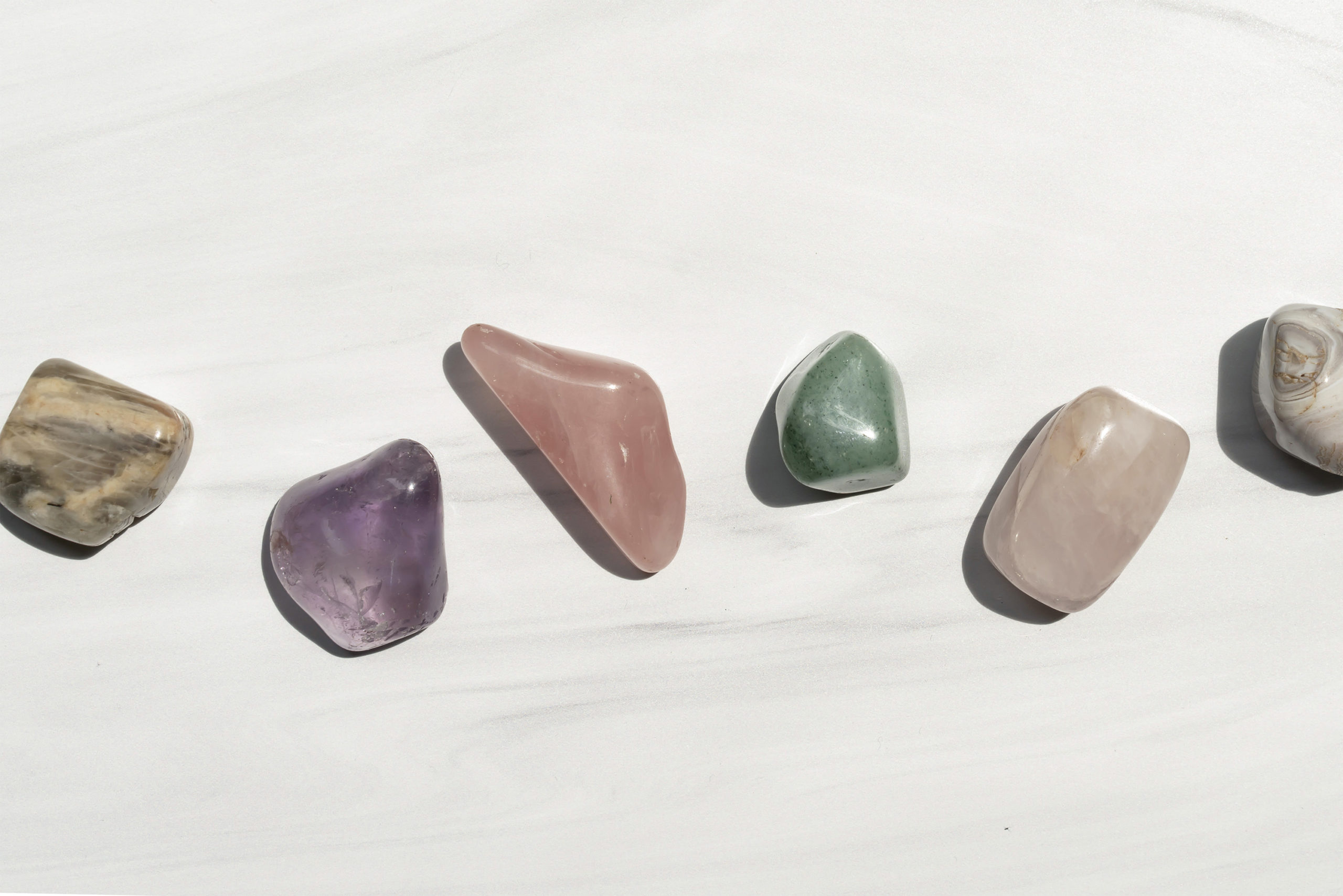April 25th, 2024
Why We Avoid Conflict Like The Plague!
Take a deep breath.
Inhale and exhale, in and out…
I know the title of this email might make you want to hit the “delete” button faster than you can say “conflict,” but hear me out. Conflict—it’s a loaded word, isn’t it? It’s something we’re taught to avoid like the plague, but what if I told you there’s another way?
When you saw the subject line, did you feel a knot in your stomach?
Maybe a little pang of anxiety?
That’s your body’s way of saying, “Hey, this is important.” It’s normal to feel uncomfortable about conflict. Trust me, even I do, despite all the therapy and personal growth work I’ve done.
But here’s the thing—we’re going to have a lighthearted chat about it. No judgment, no pressure. Just a conversation about why we avoid conflict and how we can handle it in a way that feels safe and productive.
So, why do we avoid conflict like it’s going out of style? Blame it on our old friend, supposed to culture. From the time we’re born, we’re conditioned to smile, keep the peace, and avoid making waves, ESPECIALLY as women. But guess what? Conflict is a natural part of life. It’s how we grow, learn, and evolve.
Understanding the Roots of Conflict Avoidance
Think back to your childhood. How were conflicts handled in your family?
Were disagreements openly discussed, or were they swept under the rug? Our upbringing plays a significant role in how we approach conflict as adults. If we grew up in an environment where conflict was seen as a big NO NO, chances are we’ll carry those beliefs into our relationships and interactions.
But it’s not just our upbringing—it’s societal expectations too. As women, we’re often told to prioritize harmony over honesty. We’re taught to be peacemakers, even if it means sacrificing our own needs and desires. And while there’s value in fostering harmony, it shouldn’t come at the expense of our authenticity.
Can I get a HECK NO!?!?
Embracing the Discomfort
Let’s face it—conflict is uncomfortable. It stirs up emotions we’d rather not deal with. Anger, fear, sadness—they all come bubbling to the surface when we’re faced with conflict. And it’s tempting to push those feelings aside, to pretend everything is okay. But here’s the thing—ignoring conflict doesn’t make it go away.
In fact, it often makes it worse.
When we avoid conflict, we rob ourselves of the opportunity for growth and connection. We miss out on the chance to understand ourselves and others on a deeper level. And ultimately, we sacrifice our own well-being in the process.
Creating a Safe Space for Conversation
So, how do we navigate conflict in a healthy way?
It starts with creating a safe space for conversation. Ground yourself, take a moment to collect your thoughts, and maybe even jot down a few key points before diving into that difficult conversation.
And remember, it’s okay to take a PAUSE if things start to escalate. Your safety is priority number one. If the conversation starts to feel unsafe, remove yourself from the situation. Your well-being matters.
Empathy and Understanding
When we approach conflict with empathy and understanding, we open the door to meaningful dialogue.
Instead of seeing the other person as the enemy, we see them as a human being with their own thoughts, feelings, and experiences. And when we can hold space for each other’s emotions, we create the opportunity for healing and growth.
I know this isn’t easy, believe you me, I have been there too. Trust me when I say, empathy and compassion can go a long way when interacting with others.
Afterall, they only show us what they want us to see, we cannot see the hurt and pain buried deep within them.
Moving Forward
Conflict doesn’t have to be the enemy.
It can be an opportunity for growth, understanding, and deeper connection. So, take a deep breath, and let’s tackle this together. Drop a comment below with the number one thing you learned today, or if you have any questions about navigating conflict, I’m here to help.
And hey, if you ever need someone to talk to, my inbox is always open. Reach out anytime.
Wishing you a gentle day ahead,


